Je erfolgreicher ein E-Commerce-Unternehmen wird, desto komplexer werden die täglichen Entscheidungen. Neue Vertriebskanäle, sich veränderndes Kaufverhalten, steigende Retourenquoten, variierende Margen – wer hier langfristig wachsen will, braucht mehr als nur ein Bauchgefühl. Plattformen wie Shopware und Shopify bieten bereits eine solide Grundlage, aber sie stoßen an ihre Grenzen, wenn es um datenbasierte Feinsteuerung und kanalübergreifende Transparenz geht.
Ein individuell angepasstes KPI-Dashboard schafft hier einen entscheidenden Vorteil. Es erweitert nicht nur die Standardfunktionen von Shopify oder Shopware, sondern schafft eine zentrale Entscheidungsgrundlage – maßgeschneidert auf Ihre Ziele, Ihre Prozesse und Ihre Datenquellen.
Als Partner für datengetriebenen E-Commerce unterstützt Datrycs Unternehmen dabei, das volle Potenzial ihrer Plattformen auszuschöpfen – mit KPIs, die wirklich etwas bewirken.
KPI Dashboard: Warum Standard-Reports oft nicht mehr ausreichen
Shopware und Shopify bieten beide bereits integrierte Analytics-Funktionen: Umsätze, Verkäufe pro Produkt, Kundenübersichten oder Conversion-Rates lassen sich schnell abrufen. Für viele Shops sind diese Berichte anfangs ausreichend.
Doch je größer und komplexer ein Shop wird, desto wichtiger wird die Frage: Was steckt wirklich hinter unseren Zahlen? Standard-Reports ermöglichen häufig keine präzise Messung und Abbildung der relevanten Kennzahlen in den verschiedenen Bereichen wie Finanzen, Marketing oder Kundenmanagement. Warum steigen Rücksendungen in bestimmten Kategorien? Welche Marketingkampagne bringt treue Kund*innen – und welche nur Einmalkäufe? Welche Produkte verursachen gute Umsätze, aber schlechte Margen?
Solche Fragen lassen sich mit Standard-Reports oft nicht beantworten. Nicht, weil die Plattformen schlecht sind – sondern weil sie nicht wissen können, wie Sie Ihr Geschäft definieren. Ein maßgeschneidertes KPI-Dashboard schließt genau diese Lücke, indem es die Messung und Abbildung zentraler Kennzahlen für jeden Bereich Ihres Unternehmens ermöglicht.
Warum individuelle Dashboards ein echter Gamechanger sind
Im Kern geht es darum, dass jedes Unternehmen anders funktioniert: Andere Zielgruppen, andere Produktmodelle, andere Kanäle, andere Ziele. Die Zieldefinition ist dabei entscheidend, um die richtigen KPIs auszuwählen und das Dashboard Design gezielt auf die jeweilige Zielgruppe und deren Informationsbedürfnisse auszurichten. Warum sollten dann alle mit denselben Metriken arbeiten?
Ein individuelles Dashboard ermöglicht es Ihnen, genau die KPIs zu verfolgen, die für Ihre Strategie entscheidend sind, wobei Strategien und Best Practices beim Dashboard Design und der Datenvisualisierung eine zentrale Rolle spielen.
Beispiele aus der Praxis:
- Für Shopify-Händler: Verbindung von Transaktionsdaten mit Meta Ads, Google Analytics 4, Klaviyo und dem CRM, um die Rentabilität von Kundengruppen über deren gesamten Lebenszyklus hinweg zu analysieren.
- Für Shopware-Nutzer: Verknüpfung von Shopdaten mit ERP, PIM und Fulfillment-Systemen, um echte Produktmargen, Lagerbestände und Retourengründe detailliert abzubilden.
Dabei wird die Auswahl und Gestaltung der Dashboards stets an die jeweilige Zielgruppe und deren spezifische Informationsbedürfnisse angepasst.
In beiden Fällen entsteht daraus kein weiteres Tool, sondern eine zentrale Schaltstelle für Ihr E-Commerce-Geschäft.
Einführung in KPI-Dashboards
KPI-Dashboards sind heute ein unverzichtbares Instrument für Unternehmen, die ihre Leistung und Entwicklung gezielt steuern möchten. Sie bieten eine übersichtliche und zentrale Darstellung aller relevanten Key Performance Indicators (KPIs), die für die Unternehmenssteuerung und das Erreichen der gesetzten Ziele entscheidend sind. Mit einem gut gestalteten KPI-Dashboard behalten Unternehmen jederzeit den Überblick über ihre wichtigsten Kennzahlen und können Fortschritte sowie Abweichungen frühzeitig erkennen.
Die Bedeutung von KPI-Dashboards liegt vor allem darin, dass sie komplexe Daten in eine verständliche und handlungsorientierte Form bringen. Statt sich durch unübersichtliche Tabellen zu kämpfen, erhalten Teams und Führungskräfte eine klare Visualisierung der Performance – von der Gesamtübersicht bis hin zu spezifischen KPIs für einzelne Abteilungen oder Projekte. So werden datenbasierte Entscheidungen zur täglichen Routine und die Zielerreichung messbar und nachvollziehbar.
Ob Umsatzentwicklung, Conversion-Rate oder Lagerbestand: KPI-Dashboards machen die wichtigsten Leistungskennzahlen auf einen Blick sichtbar und helfen, die richtigen Maßnahmen zur Optimierung einzuleiten. Sie sind damit weit mehr als nur ein Reporting-Tool – sie sind das zentrale Instrument für eine moderne, datengetriebene Unternehmenssteuerung.
Interaktivität in KPI-Dashboards – Mehr als nur Zahlen
Moderne KPI-Dashboards bieten weit mehr als statische Zahlenkolonnen: Sie setzen auf Interaktivität, um aus Daten echte Einblicke zu gewinnen. Durch interaktive Funktionen wie Filter, Drill-Downs oder dynamische Visualisierungen können Nutzer gezielt nach Antworten suchen und individuelle Fragestellungen direkt im Dashboard klären.
Ein großer Vorteil interaktiver Dashboards ist die Möglichkeit, verschiedene Datenquellen in Echtzeit zu verknüpfen und flexibel zu analysieren. So lassen sich beispielsweise Marketing- und Vertriebsdaten miteinander vergleichen oder die Performance einzelner Produkte nach Region, Zeitraum oder Kampagne auswerten. Nutzer können per Mausklick zwischen unterschiedlichen Ansichten wechseln, Diagramme anpassen oder eigene Dashboards für spezifische Teams und Aufgabenbereiche erstellen.
Diese Art der Interaktivität macht KPI-Dashboards zu einem mächtigen Werkzeug für die Unternehmenssteuerung: Informationen werden nicht nur präsentiert, sondern können aktiv erforscht und für fundierte Entscheidungen genutzt werden. Ob im Management, Marketing oder Vertrieb – interaktive Dashboards ermöglichen es allen Beteiligten, Trends frühzeitig zu erkennen, Entwicklungen zu verfolgen und gezielt auf Veränderungen zu reagieren. So wird aus einer reinen Datensammlung ein echter Wettbewerbsvorteil für das Unternehmen.
Was ein solches Dashboard wirklich leisten kann
Hier einige KPI-Beispiele, die wir für Händler mit Shopify oder Shopware realisiert haben:
- Deckungsbeitrag pro Bestellung inkl. Retouren, Versandkosten und Marketingaufwand
- Kund*innen-Lebenszeitwert (CLV) pro Akquisekanal
- Retourenquote nach Produktgruppe, Region oder Promotion
- Conversion-Rate nach Endgerät, Land oder Kampagnentyp
- Verhältnis von Lagerbestand und Abverkaufsrate – mit Frühwarnsystem bei Engpässen
Mit Hilfe von Dashboards werden Fortschritt und Erfolge in den jeweiligen Bereichen transparent abgebildet, sodass Sie jederzeit den aktuellen Stand und die Entwicklung Ihrer wichtigsten Kennzahlen nachvollziehen können.
Solche KPIs liefern nicht nur schöne Zahlen, sondern konkrete Handlungsempfehlungen: Wer soll wie reagieren? Wo investieren? Was priorisieren?
Warum gerade jetzt der richtige Zeitpunkt ist
Mit wachsendem Erfolg steigt auch die Komplexität – mehr Produkte, mehr Märkte, mehr Werbekanäle. Das macht es immer schwerer, Ursache und Wirkung auseinanderzuhalten. Standard-Dashboards liefern zwar einen Überblick, aber keine Tiefenanalyse.
Typische Fragen, die wir mit einem maßgeschneiderten Dashboard beantworten:
- Warum bricht die Conversion-Rate in einem bestimmten Land ein?
- Welche Kampagne bringt loyalere Kund*innen – nicht nur kurzfristige Umsätze?
- Welche Versandmethode verursacht überdurchschnittlich viele Retouren?
Solche Antworten erhalten unsere Kunden nicht durch Zufall, sondern weil ihre Daten richtig verbunden und visualisiert werden – sodass die Relevanz und zielgerichtete Information der Dashboards für die Entscheidungsfindung und die Erreichung der Unternehmensziele stets gewährleistet sind; verständlich, aktuell und entscheidungsrelevant.
Was datrycs besonders macht
Wir sind keine reinen Datenanalysten. Wir sind E-Commerce-Experten mit tiefem Verständnis für Shopware und Shopify – und dafür, wie datengetriebene Entscheidungen in der Realität aussehen.
Was uns auszeichnet:
- Plattform-Know-how: Wir kennen die APIs, Datenstrukturen und Grenzen von Shopify und Shopware – und wissen, wie man sie richtig nutzt.
- Technische Flexibilität: Wir arbeiten nicht mit einem starren Tool-Stack, sondern integrieren die Systeme, die Sie bereits verwenden.




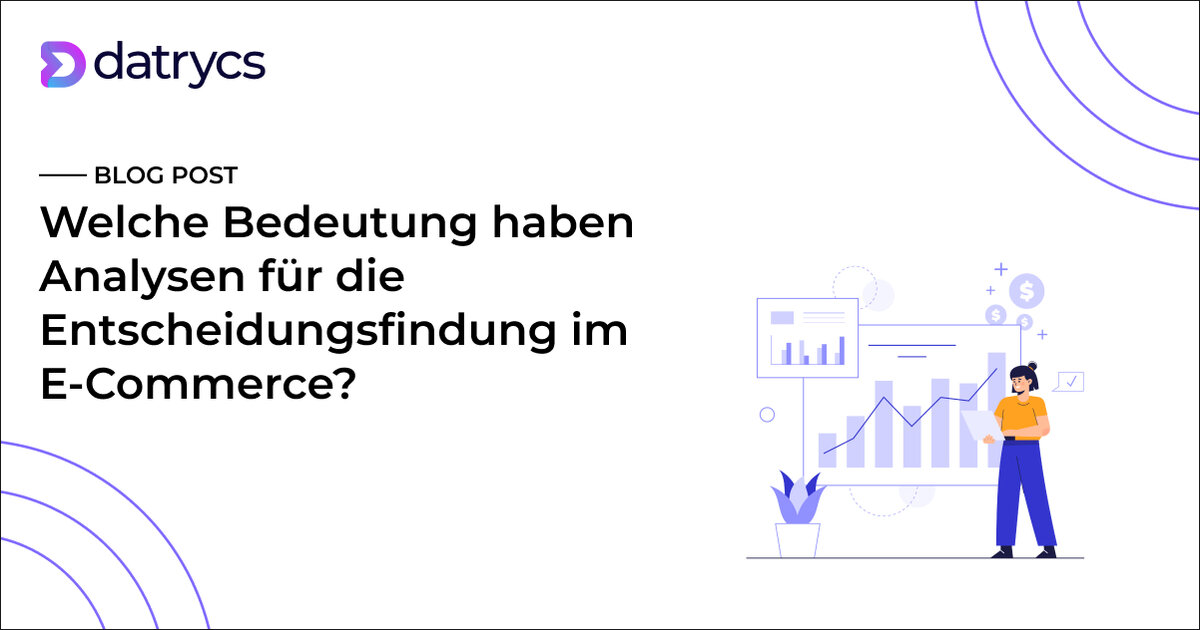


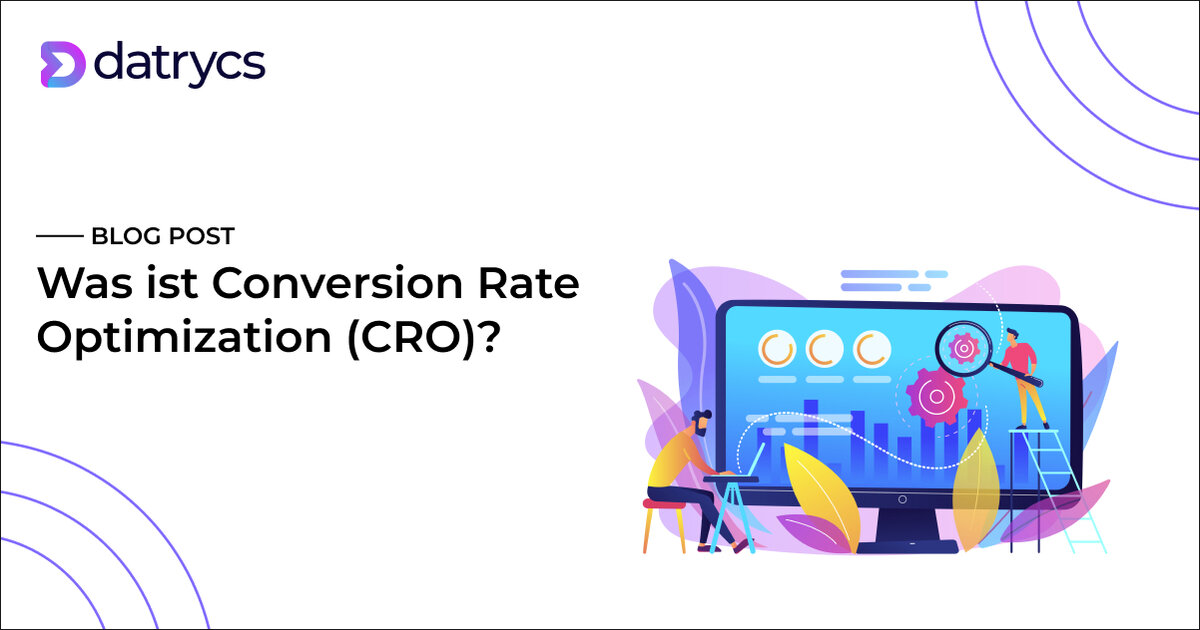




.jpeg)





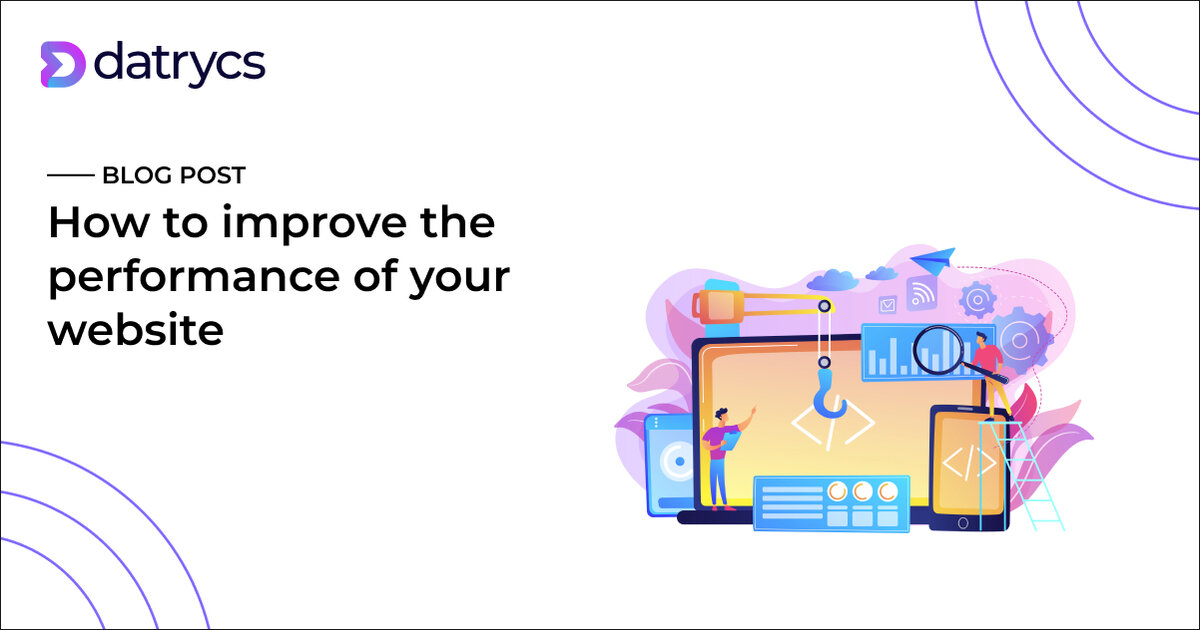


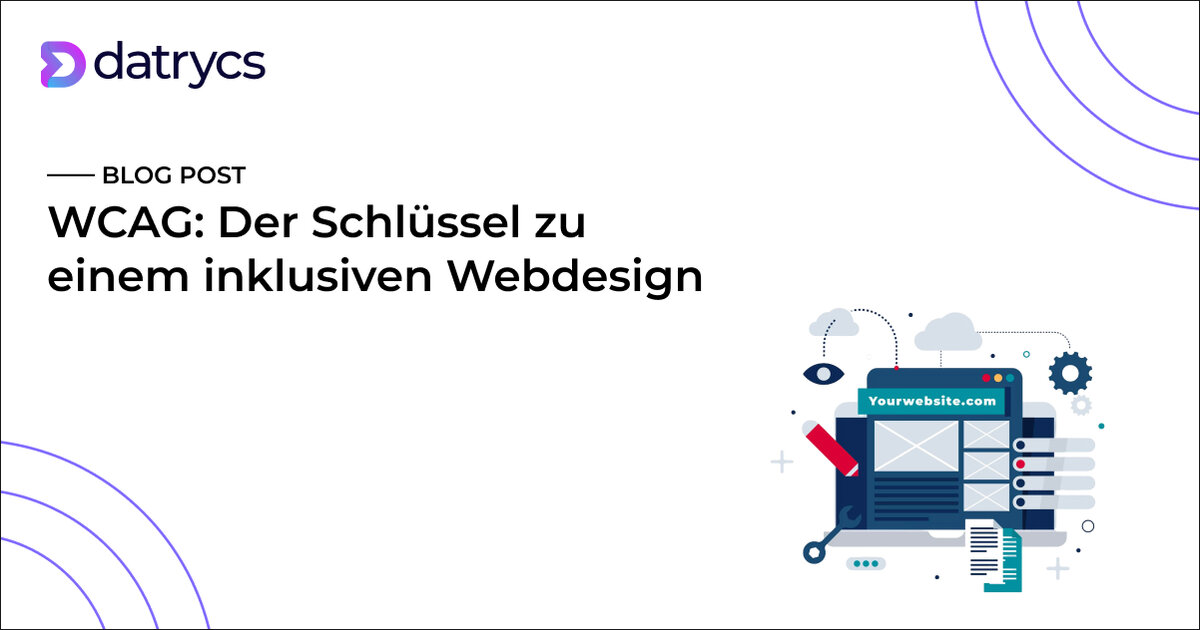
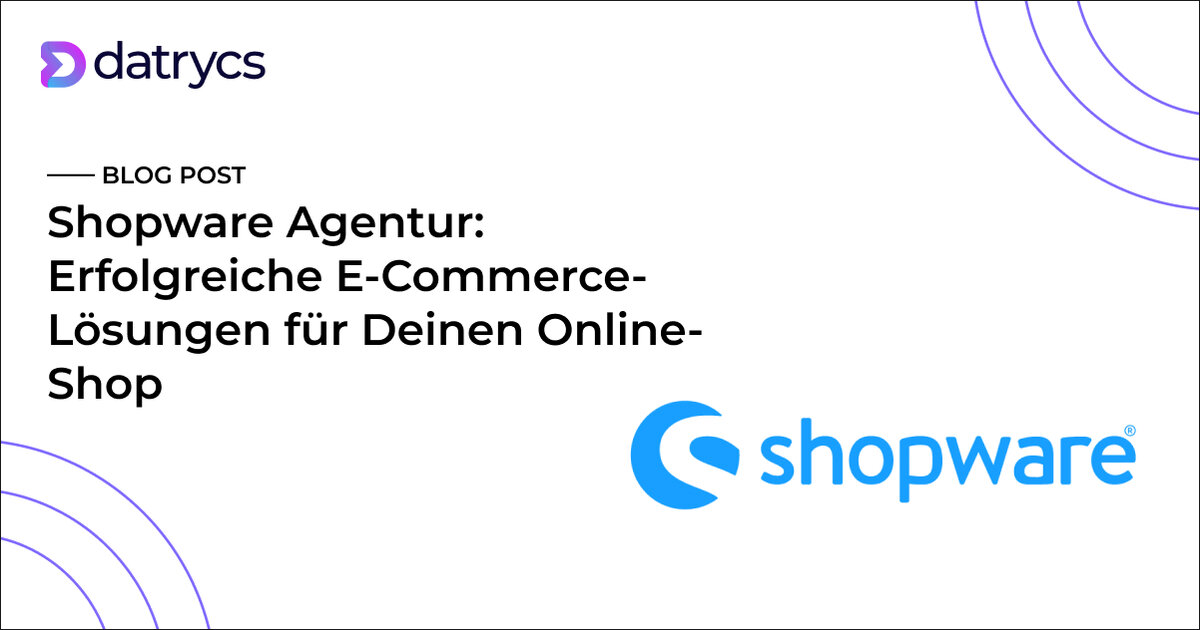




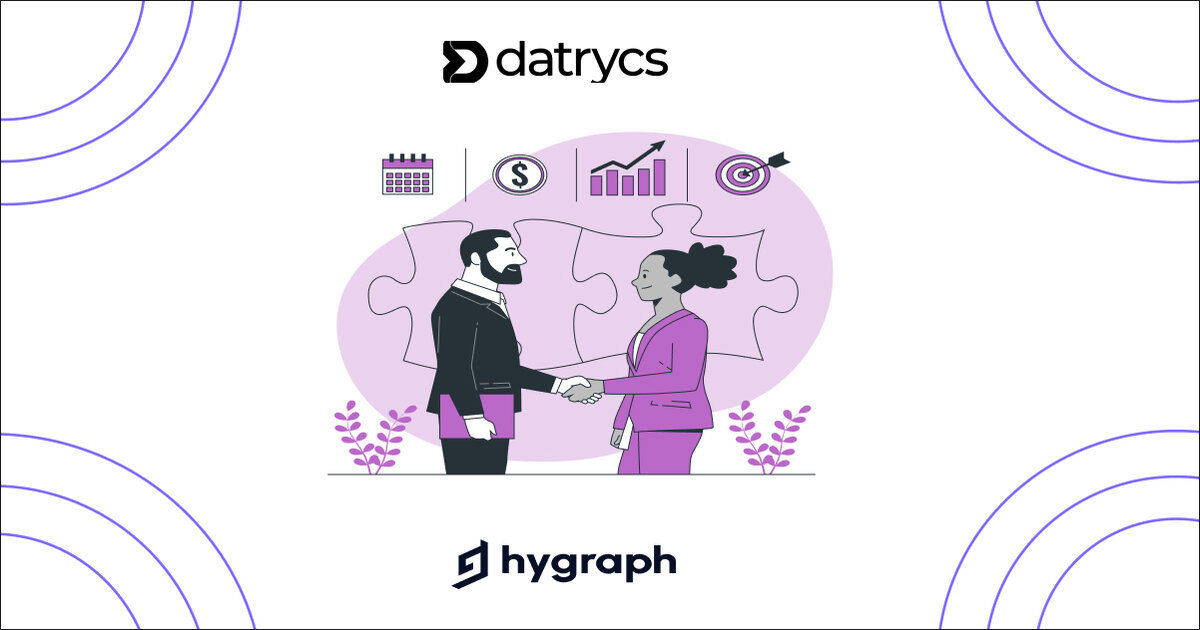

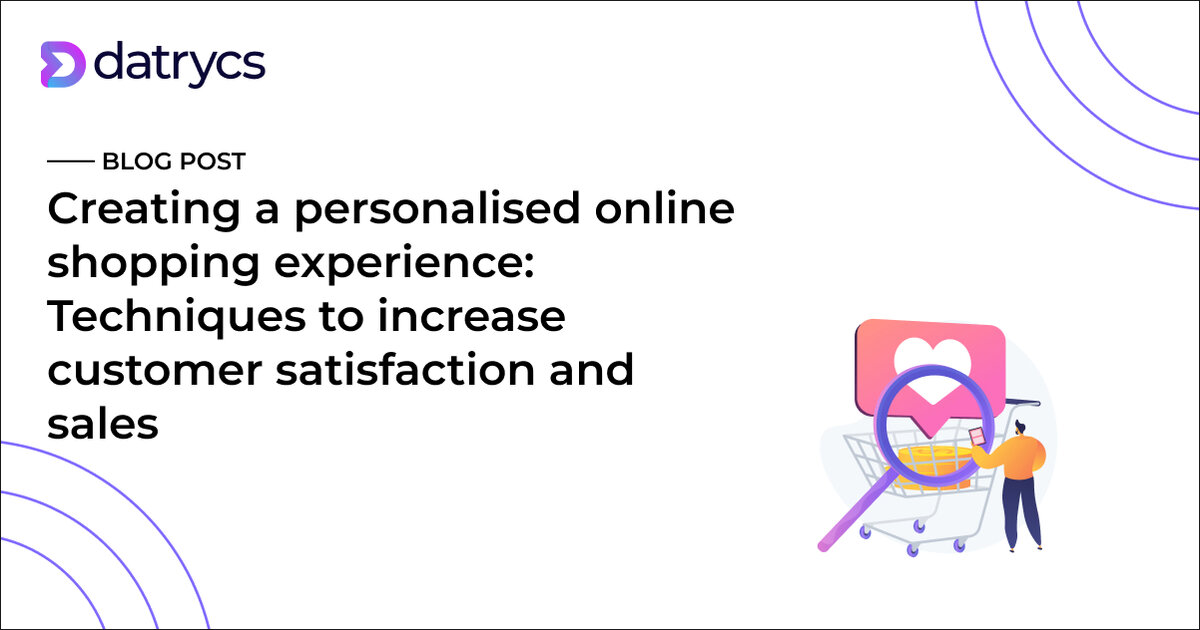



.jpeg)

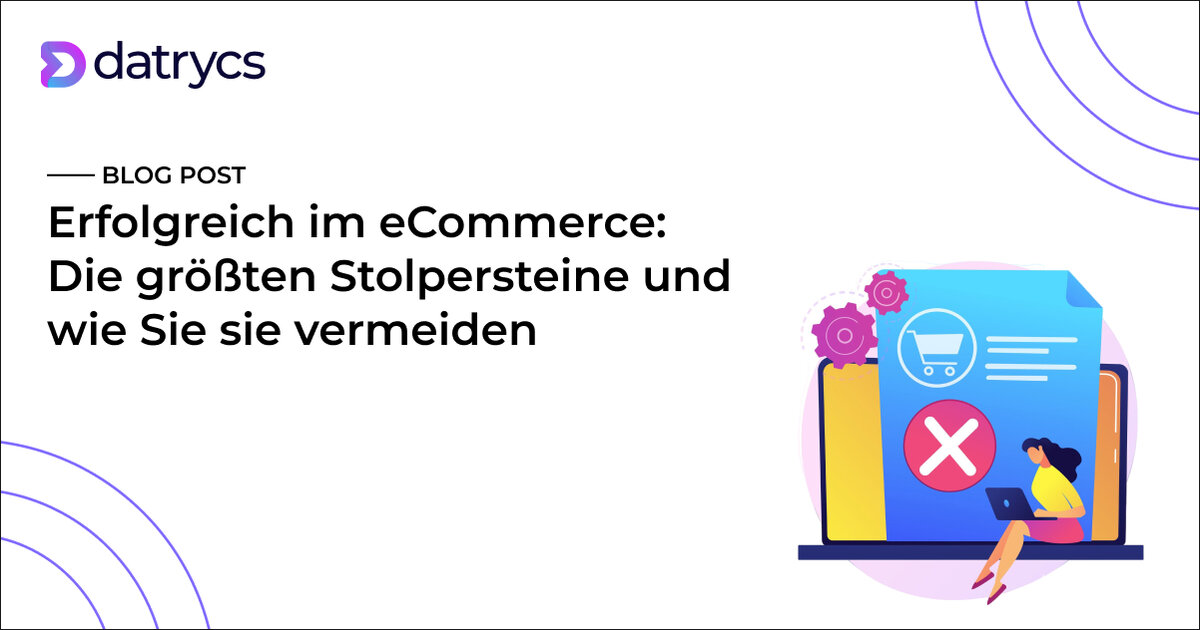




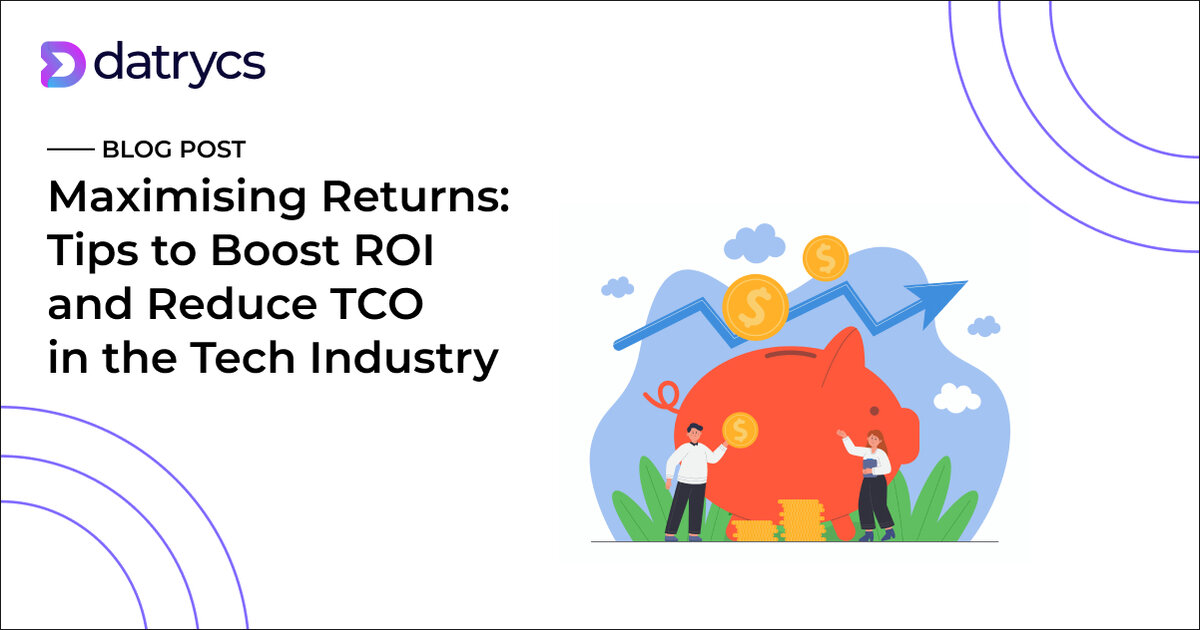







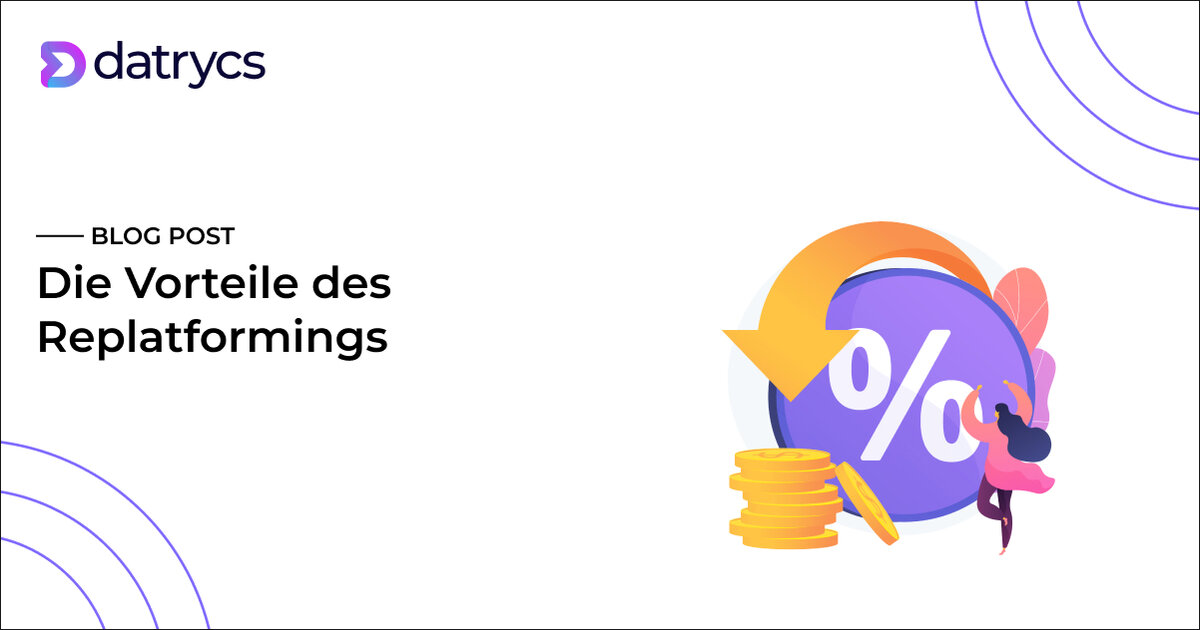






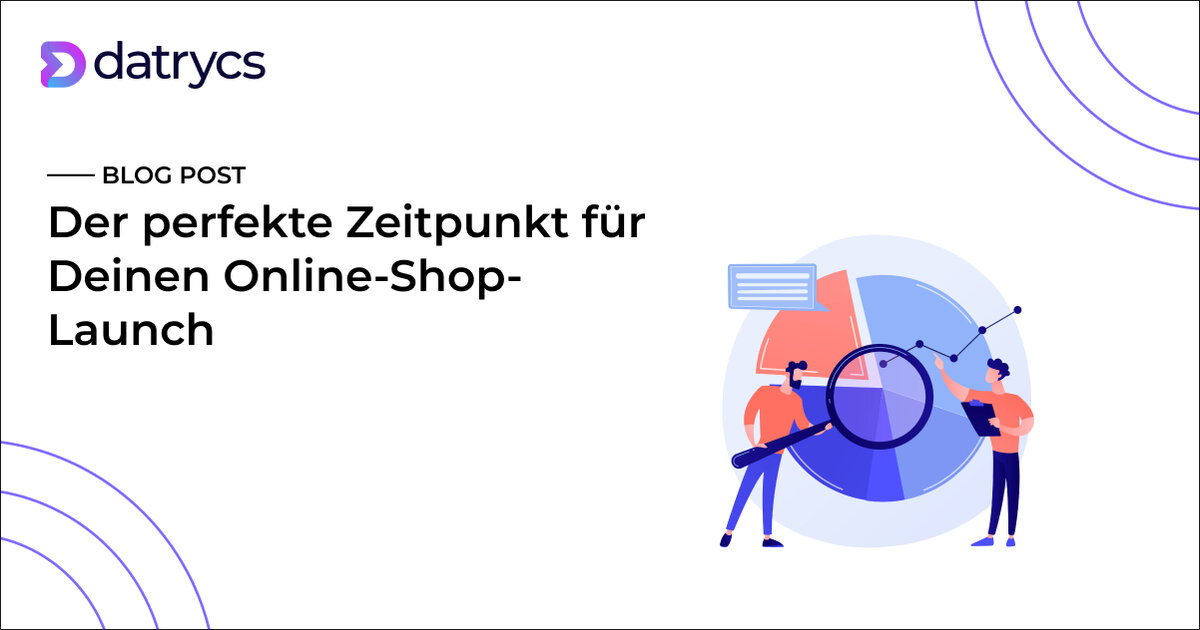
.avif)





